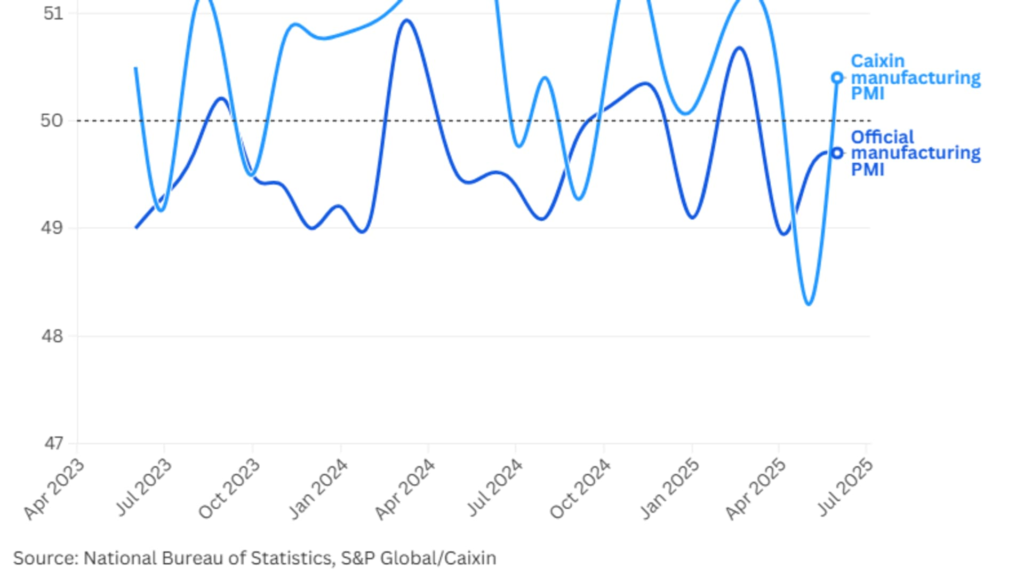Agents of foreign states must register their roles in the UK from Tuesday under a new scheme, but China remains excluded from its most stringent requirements.
The new Foreign Influence Registration Scheme (Firs) comes into effect from Tuesday, requiring anyone carrying out “political influence activities” on behalf of a foreign power to register with the Government or face prosecution.
The rules, which cover activities such as political communications or lobbying, were introduced in 2023 as part of efforts to strengthen national security amid concerns about covert action by foreign governments.
Security minister Dan Jarvis said: “We welcome legitimate engagement with all countries, but we will not tolerate covert attempts to manipulate our political system or society.
“The Foreign Influence Registration Scheme gives us the tools to confront growing threats to our national security, one of the foundations of our plan for change, without compromising the openness that defines our democracy.”
The new rules also include an “enhanced tier”, which requires anyone working for certain states to declare any activity, not just political work.
Mr Jarvis said: “This is about creating accountability and visibility so that covert influence operations have nowhere to hide, and ensuring we have the tools to detect and disrupt them.”
Failing to register with Firs carries a maximum sentence of two years, or five years for agents of states in the enhanced tier.
So far, only Iran and Russia have been placed in the enhanced tier, with both nations accused of operating covertly in the UK to shape public opinion and intimidate opponents.
But despite calls from some MPs to include China in the enhanced tier, Russia and Iran remain the only nations on the list.
Beijing has been repeatedly accused of seeking to covertly influence British politics and academia.
A 2023 report by Parliament’s Intelligence and Security Committee found China had engaged in “aggressive” interference, including seeking to “penetrate or buy academia to ensure that its international narrative is advanced and criticism of China suppressed.”
Following the announcement in April that Russia would be included in the enhanced tier, Conservative shadow home secretary Chris Philp said it was “astonishing” that China had not received similar treatment and accused the Government of “prioritising economic links over national security”.
At the time, Mr Jarvis replied that the Government had a “consistent long-term and strategic approach” to the UK’s relationship with China.
He added: “The Government’s policy is clear – we will co-operate where we can, compete where we need to and challenge where we must, including on issues of national security.”



![[News] China Rare Earth Group Reportedly Hit by Executive Resignations Amid U.S.-China Trade Tensions](https://koala-by.com/wp-content/uploads/2025/07/Rare-Earth-China-GRINM-Advanced-Materials-20250609-624x404.png)




